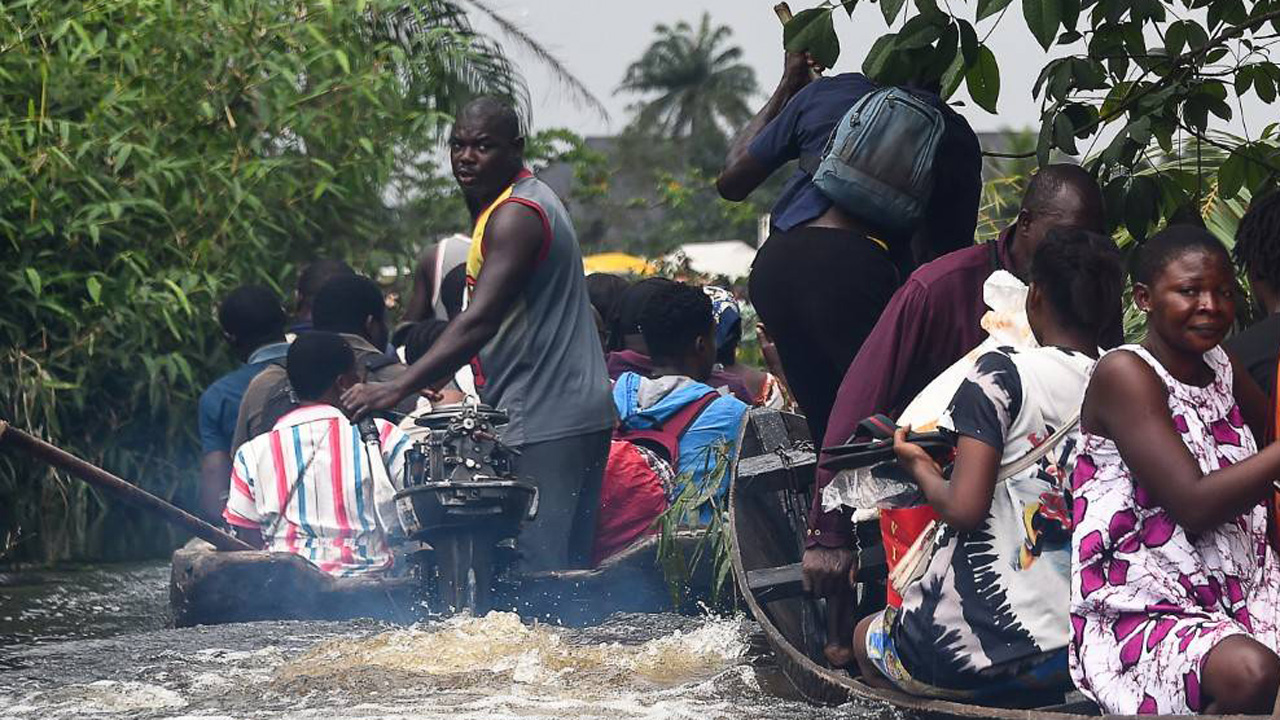
Amid massive destruction of farmlands by floods, the Federal Government, yesterday, assured there wouldn’t be shortage of food in 2023, urging Nigerians not to panic.
Minister of Agriculture and Rural Development, Dr. Mohammed Abubakar, gave the assurance at a press briefing in Abuja. He said: “We are making sure food production does not stop. I can tell you there’s no need to panic. The government, through various interventions, apart from provision in the ministry’s budget, is doing everything possible with our development partners to make sure the flood does not cause food shortage in the country.
“We have grains in silos. The Central Bank of Nigeria, which also produces a lot of food, has grains in silos. But we’re not just relying on the silos. To make sure our production does not stop, we are embarking on intensive dry season farming.”
The World Food Programme, African Development Bank, International Fund for Agricultural Development (IFAD), among other development partners, had raised the alarm that Nigeria faces serious food crisis due to the floods.
The minister said part of immediate, short and medium-term measures to address the disaster is to conduct an immediate needs assessment of affected communities and farmlands in all the affected states based on available remote sensing report.



